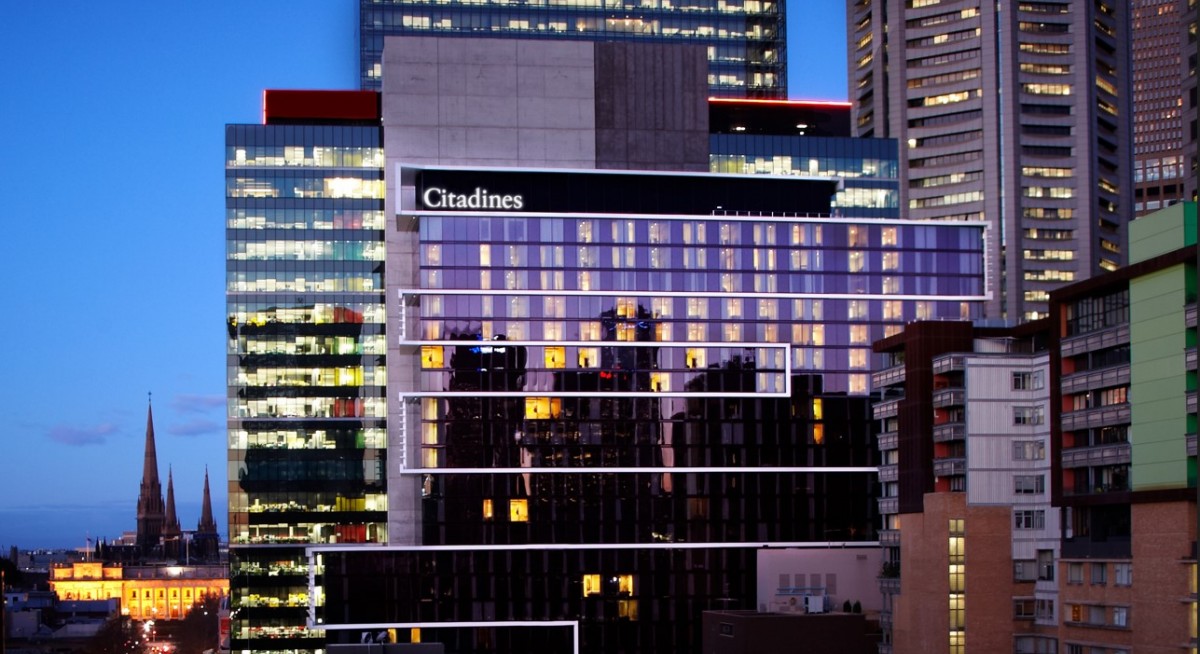“Historically, when the Fed stops hiking rates, S-REITs outperform the STI by 4-7% and Singapore banks by 7-22%. With light positioning, we anticipate an upturn as investors shift into S-REITs on: 1) lower interest rate/inflation concerns, 2) rotation out of J-REITs which are 3 times the market weight of S-REITs due to fears over end of “yield curve control” and 3) laggard China reopening/tourism plays,” JP Morgan says in its Feb 2 report.
The US bank has upgraded the likes of CapitaLand Ascott Trust (CLAS), Frasers Centrepoint Trust (FCT), Far East Hospitality Trust and Mapletree Logistics Trust as proxies to a pause by the Fed, China’s reopening, and revenge travel. JP Morgan analysts were quick off the mark in early 2022 to warn of DPU cuts from rate hikes but now acknowledges that investors “have started to look through DPU cuts”.
CLAS reported a distribution per unit (DPU) of 5.67 cents in FY2022, up 31% y-o-y on the back of better operational performance from existing properties and new properties acquired in 2021 and 2022. CLAS’ DPU is still short of the 6.4 cents it reported in FY2019, pre-Covid.
Some properties at pre-Covid metrics
See also: Capital Tower’s $25 mil upgrade to add mental wellness centre, keep Fitness First gym
Interestingly, the revenue per available unit (RevPAU) of CLAS’ serviced residences and hotels in selected geographies 4Q2022 have reached pre-Covid levels. In a statement, CLAS says 4Q2022 RevPAU rose 78% y-o-y and 17% q-o-q to $155, reaching pre-Covid 4Q2019 pro forma RevPAU on continued improvement in occupancy (78% in 4Q2022) and average daily rates (ADR).
Japan, Australia and USA had the largest sequential improvement of 98%, 29% and 21% respectively while Australia, Singapore, UK and USA performed at pre-Covid RevPAU levels in the quarter to Dec 31, 2022.
Serena Teo, CEO of CLAS’ manager says: “80% rise in 2H2022 gross profit was from stronger performance of existing properties and 20% from new properties acquired in 2021 and 2022.”
See also: CICT's 2HFY2025 DPU up 9.4% to 5.96 cents; full-year payout at 11.58 cents
In the past two years, CLAS has moved increasingly into longer stay assets such as purpose built student accommodation (PBSA), and Japanese rental housing. Interestingly, Ascott Residence Trust (ART was renamed CLAS last year) has had a portfolio of Japanese rental housing for more than 10 years. But it was Covid that brought to light the necessity of having a balanced portfolio comprising of some longer stay assets.
CLAS pivoted into a longer stay portfolio by acquiring a PBSA in Atlanta and announcing it had expanded its investment mandate to include student accommodation in January 2021. As at Dec 31, 2022 the asset allocation to longer stay properties had increased to about 19% (21 rental housing properties, 9 student accommodation properties) from just 11 rental housing properties as at Dec 31, 2020.
These longer stay properties have tenants that stay for one year (PBSA) to five years (rental housing), and their average occupancy is more than 95%. This is in contrast to hospitality assets where customers stay for one to three nights, and serviced residences where tenants stay for upwards of six months. In addition, according to CLAS, their longer-stay properties have stable and high average occupancies of more 95% and are counter-cyclical to the hospitality asset classes, offering diversification and stable income streams to CLAS.
In 2021 and 2022, CLAS spent $420 million acquiring 12 longer-stay properties and three serviced residences, increasing longer-stay asset allocation from 16% in 2021 to 19% in 2022.
Gross profit evenly balanced
Stable income comprising master leases, management contracts with minimum guaranteed income, PBSA and rental housing contributed 52% to gross profit in 2HFY2022. Of these, master leases contributed 25.8% to gross profit, management contracts with minimum guaranteed income accounted for 12% of gross profit and long stay properties (PBSA and rental housing_ contributed 14.6%. Management contracts – which are able to capture the upside but are more volatile – contributed 48% to gross profit.
When asked which of CLAS sectors is likely to outperform or underperform this year, Teo parries. “We have four asset classes: serviced residences, hotels, PBSA and rental housing. We are well balanced in growth versus stable income assets. With this we see a nice portfolio which allows us the ability to ride on the upside in travel recovery yet protected by any downside pressures. Given this state, growth can come from any of these four sectors,” she says.
Analysts reckon that a rebound in domestic travel in Australia should benefit some of CLAS’ 14 properties down under. Singapore is likely to benefit from the reopening of China. CLAS has five properties in Singapore, including Riverside Hotel Robertson Quay which will be rebranded as The Robertson House by The Crest Collection. Refurbishment is expected to commence in 1H2023 and complete by end 2023.




